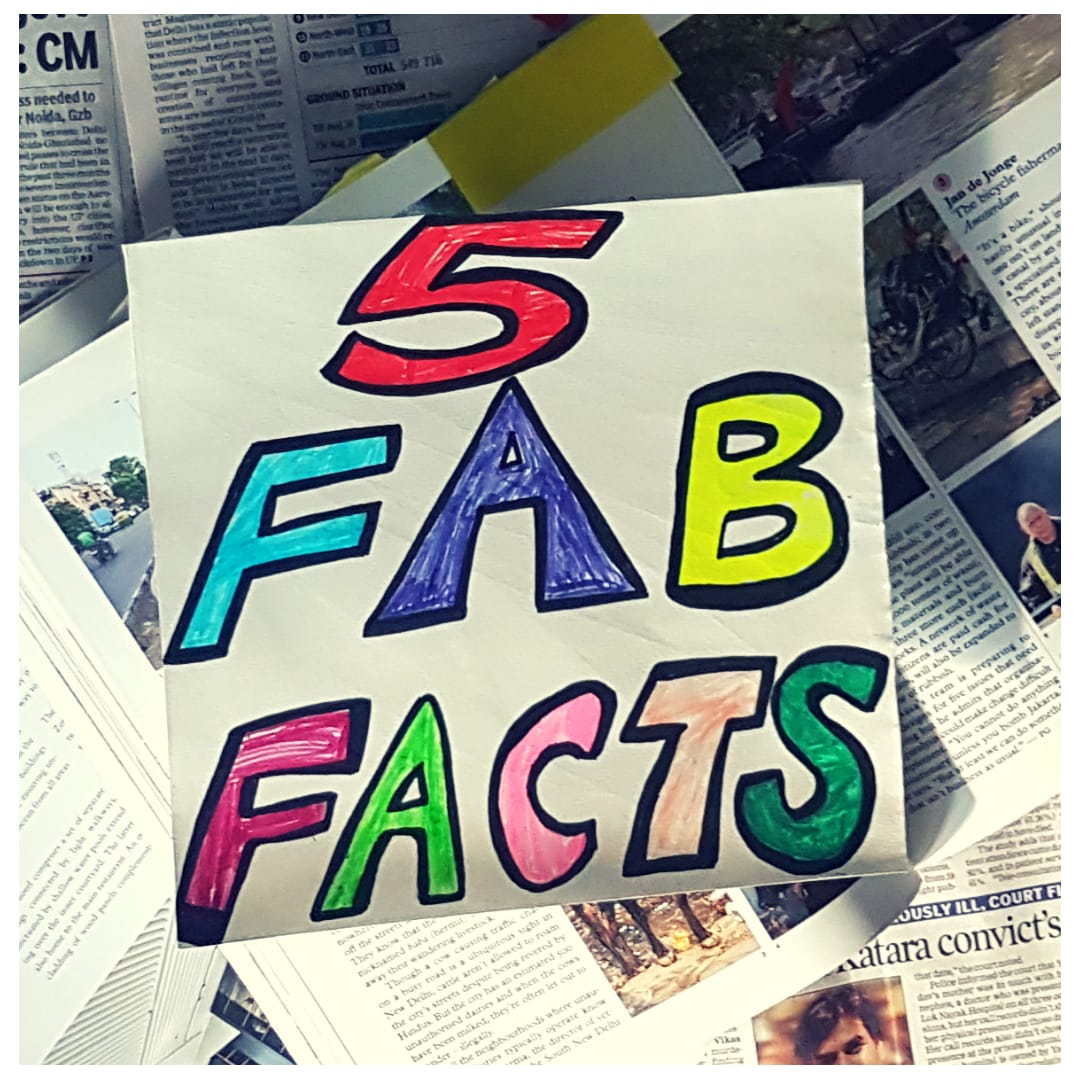Below are the top 5 Fab Facts heard on Episode 33 of Newsy Pooloozi!
In this episode we went high – up to space in fact. Yep, tourism is entering a new orbit – outer space to be exact. And it’s not just astronauts and billionaires going high in the sky – everyone from reality TV stars to healthcare workers to ordinary citizens are getting the chance to go up, up and away. That’s not all… remember the news about pesky plastic polluting our oceans? Well, it’s sea-grass balls to the rescue! And also hear about the clever Indian who invented a dual-purpose wind turbine, the town that turned purple to attract tourists and the New Zealand cactus smuggler who was caught with plants in her pants!
And the top fab facts that came out of all that were:
FAB FACT NUMBER 1: Space tourism has been around for twenty years – thanks to which American billionaire and which Russian space craft?
American billionaire Dennis Tito was the first private citizen to head to space in 2001 thanks the Russian Soyuz craft, because NASA didn’t allow such trips to the International Space Station until recently.
FAB FACT NUMBER 2: The private space company Axiom says it’s developing a space station of its own, which NASA hopes may one day replace the International Space Station, which has been in space for how long?
The international space station has been up in space, orbiting the earth, for 22 years.
FAB FACT NUMBER 3: Sea-grass-balls are Mother Nature’s way of helping clean up plastic from our oceans. But what are they?
When grass that grows under sea water sheds its old, brown leaves and becomes tangled-up it forms round, hairy-looking balls.
FAB FACT NUMBER 4: How do sea grass balls clean up the plastic in our oceans?
Plastic that’s floating past the sea-grass-balls gets tangled up in the balls, which eventually wash ashore, helping environmentalists collect about 900 million bits of plastic every year!
FAB FACT NUMBER 5:
A woman was stopped entering New Zealand with almost 1000 cacti and succulent plants strapped to her body because she was breaking bio-security laws. What are those?
Bio-security laws are regulations to try and stop harmful organisms being transferred from one country to another. In other words – you can’t travel abroad with plants!


